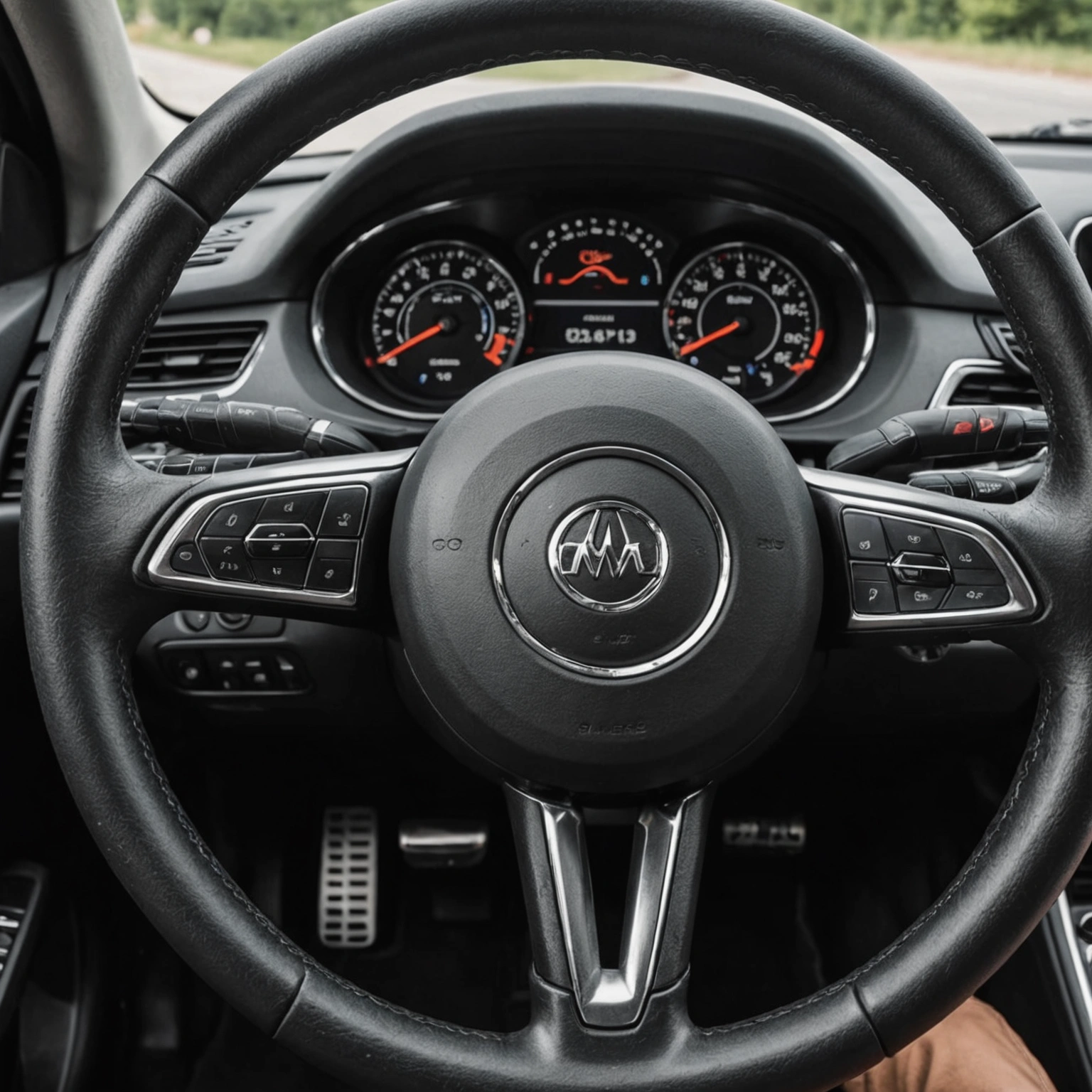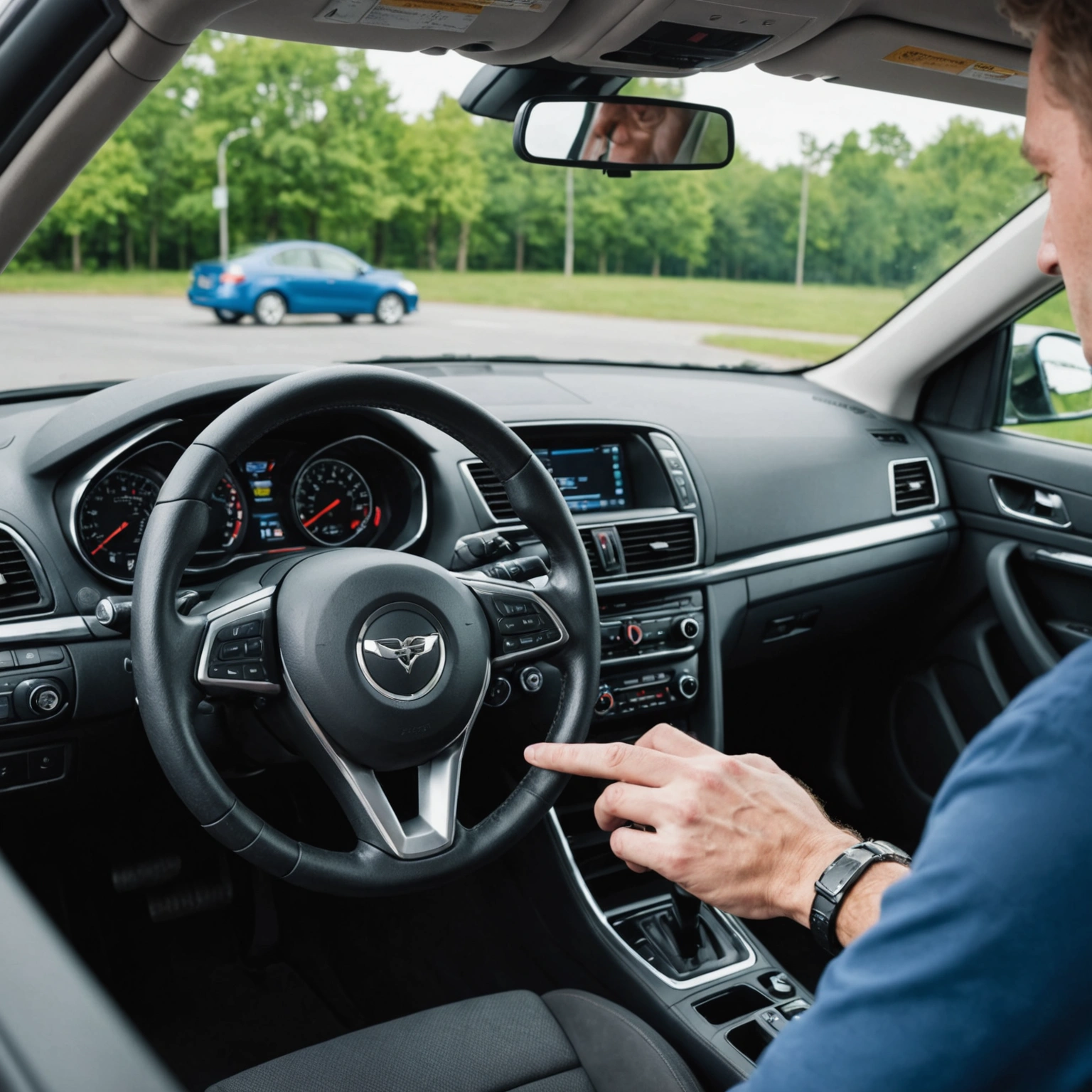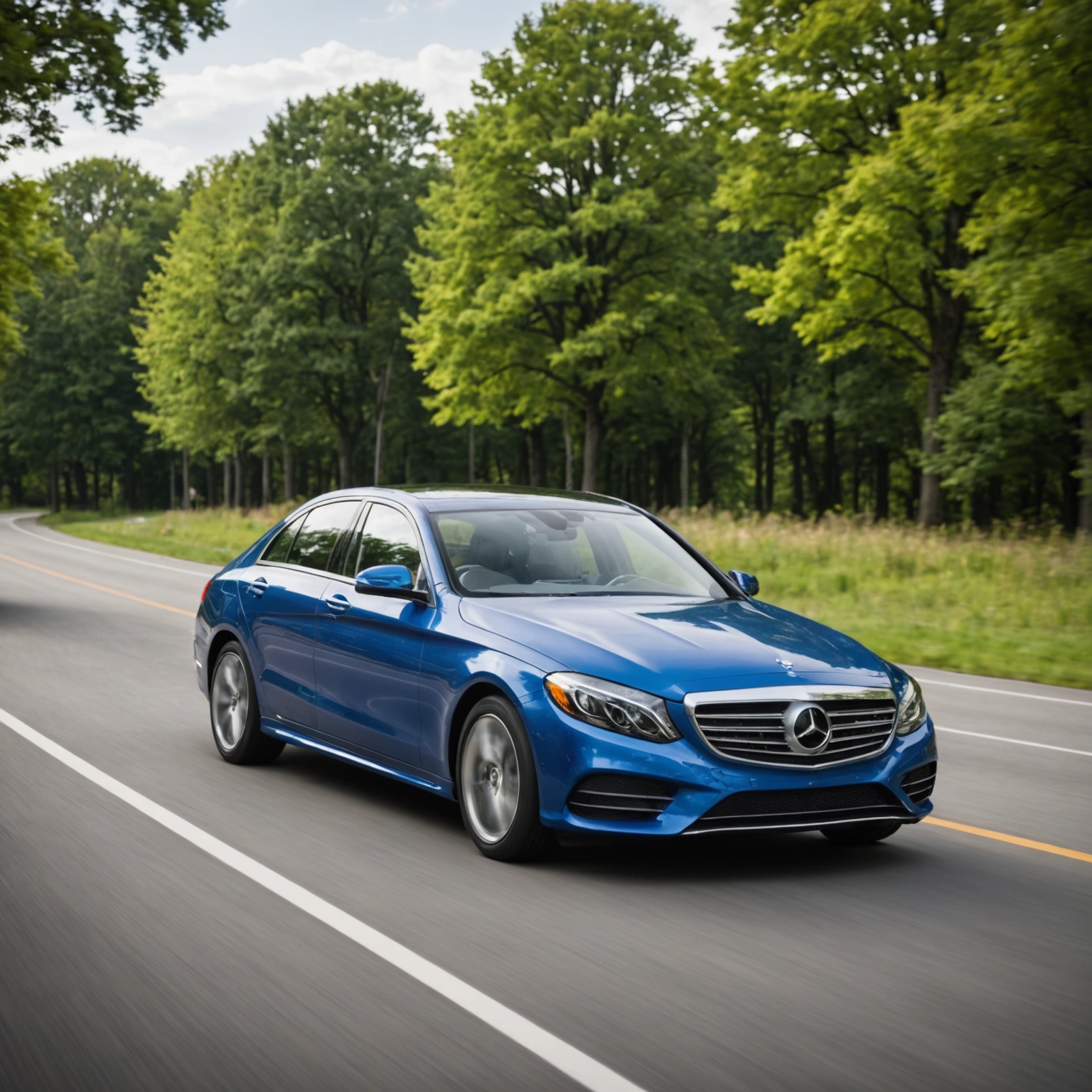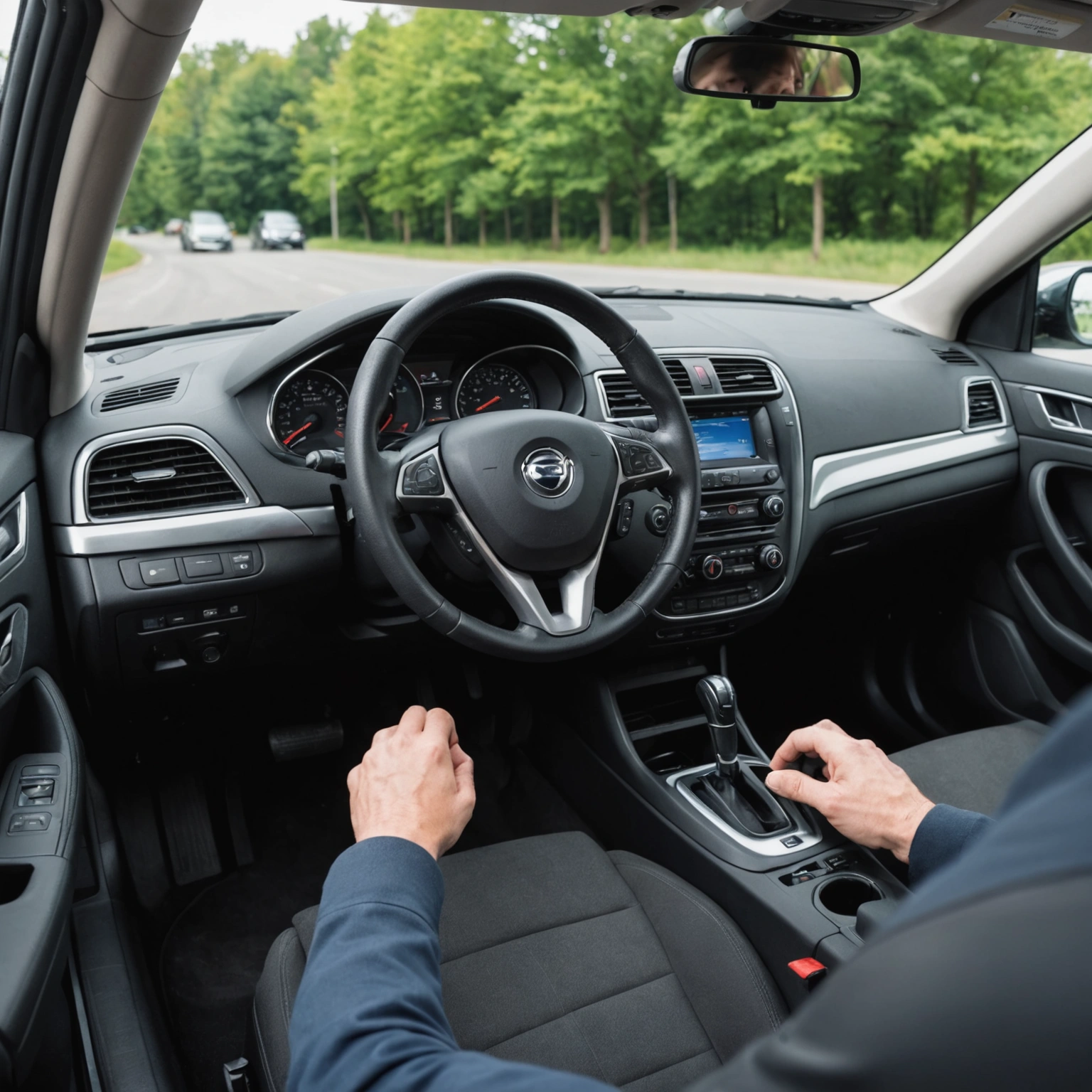**Why Does My Car Squeal When I Drive? Common Causes and Solutions**
If you’ve noticed a squealing noise coming from your vehicle while driving, you’re not alone. This sound can be alarming and may indicate a variety of issues that, if left unaddressed, could lead to more significant problems. Understanding the common causes of squealing and how to identify them can help you maintain your car’s health and ensure safe driving.

### Common Causes of Car Squealing While Driving
1. **Worn or Loose Serpentine Belt**

– **What it is:** The serpentine belt drives multiple engine accessories like the alternator, power steering pump, and AC compressor.
– **Why it squeals:** If the belt is loose, worn, or cracked, it can slip on the pulleys, causing a high-pitched squeal.

– **Solution:** Inspect the belt for cracks or fraying. If it’s loose or worn, replacing or tightening it can eliminate the squeal.
2. **Brake System Issues**

– **What it is:** Brake pads, rotors, or calipers might be involved.
– **Why it squeals:** Worn brake pads often have built-in squealers that produce noise when pads are near the end of their life. Sometimes, dirt or debris caught in the brakes can also cause squealing.
– **Solution:** Have your brakes inspected regularly. Replacing worn pads and cleaning brake components can resolve this.
3. **Worn or Glazed Brake Pads**
– **What it is:** Over time, brake pads can become glazed, reducing their friction and causing squealing.
– **Why it squeals:** The glazed surface creates a smooth interface that can produce noise during braking or even while driving.
– **Solution:** Resurfacing the brake pads or replacing them can restore proper contact.
4. **Damaged or Worn Wheel Bearings**
– **What it is:** Wheel bearings facilitate smooth wheel rotation.
– **Why it squeals:** Worn bearings can produce a continuous squealing or grinding noise that varies with speed.
– **Solution:** If suspected, have a professional inspect and replace damaged wheel bearings promptly.
5. **Dry or Worn Brake Calipers**
– **What it is:** Brake calipers need proper lubrication.
– **Why it squeals:** Lack of lubrication or corrosion can cause calipers to stick and produce noise.
– **Solution:** Regular brake maintenance, including lubrication, can prevent this issue.
6. **Suspension or Tire Issues**
– **What it is:** Worn suspension components or uneven tire wear.
– **Why it squeals:** While less common, these can sometimes cause squealing sounds, especially during turns or over bumps.
– **Solution:** Routine suspension checks and tire rotations can help.
7. **Loose or Worn Drive Belt Tensioners or Pulleys**
– **What it is:** Tensioners and pulleys keep belts tight.
– **Why it squeals:** If these components are loose or worn, they can cause belt slippage and squealing.
– **Solution:** Replacing worn tensioners or pulleys can resolve the noise.
### When to Seek Professional Help
While some minor issues like dirt in brake pads can be addressed easily, persistent or loud squealing warrants a professional diagnosis. Ignoring these sounds could lead to more costly repairs, such as brake failure or damage to engine components.
### Preventative Tips
– **Regular Maintenance:** Schedule routine inspections of belts, brakes, and suspension.
– **Keep Components Clean:** Periodically clean brake components and belts.
– **Replace Worn Parts Promptly:** Don’t delay replacing worn brake pads or belts.
### Final Thoughts
A squealing noise while driving is often a sign that something needs attention, but it’s usually straightforward to diagnose and fix. Paying attention to when the squeal occurs—during braking, acceleration, or at specific speeds—can help pinpoint the cause. If in doubt, consult a trusted mechanic to keep your vehicle running smoothly and safely.
**Stay safe on the road, and don’t ignore that squeal!**

